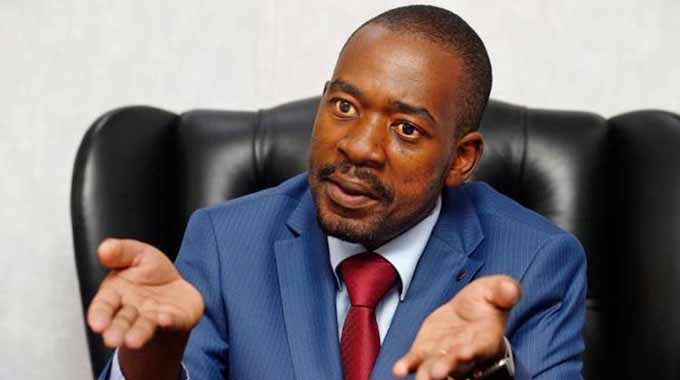A must tripod for Zimbabwe’s survival

Stephen Mpofu
A pot balanced on three hearthstones cooks food well for people’s survival.
Today Zimbabwe is contextually that pot — as are all other countries around the globe — but with the forces of evil, local or jointly with foreigners, constantly unleashing themselves to sabotage one or the trio of hearthstones in the form of dialogue, tolerance and peace in a bid to upset the pot and spill its contents, stability, under which economic and social development can only grow.
It is encouraging that the United Nation’s Word Radio Day which fell last week with its theme of Dialogue, Tolerance and Peace coincided with Zimbabwe’s current national dialogical discourse promoting the same values as those espoused by the World Radio Day.
But, tragically, some disgruntled voices were heard on radio criticising church organisations that last week hosted a breakfast prayer service in Harare for this country’s national leaders.
One voice said the churches in Zimbabwe were divided and therefore should not be seen to promote dialogue among political parties and their followers.
This pen, and other peace-loving Zimbabweans, will disagree with the protestor’s contention because any in-house disagreement in a particular church denomination does not automatically reflect division or divisions in the Church of Jesus Christ.
As everyone should know, different churches are united by a common purpose of spreading the gospel of Jesus Christ as He Himself instructed his disciples to do before His ascension to Heaven.
The Church’s intervention in our country’s national affairs to try to help restore peace and stability for our nation to move forward as one people must, in fact be communicated and lauded since the Church represents God’s voice, as it were.
Another voice, clearly representing the complainant’s political party but which he did not name, claimed that “the disputed elections” (last July) were the cause of disunity and political problems in Zimbabwe at present.
But, surely, why should the harmonised elections won by Zanu-PF by a two-thirds majority be said to have been disputed when there was such a clear winner?
In fact, the protestor was referring to the presidential election in which Zanu-PF candidate Cde Emmerson Mnangagwa beat MDC Alliance leader Mr Nelson Chamisa with the result endorsed by the Constitutional Court as well as by international observers who oversaw the elections.
But, honestly, were the majority of people who gave their party victory expected to have voted in a leader from an opposition party as their president?
Such a thing certainly runs counter to political or any other dynamics.
Which exposes that complainant and others like him as a person driven by an inherent fear of being rejected and therefore predisposed to tyranny or dictatorship where political opposition is regarded as anathema.
As such, losers or political opposition should consider themselves as a government-in-waiting and in such, work hard on perfecting their act in readiness for their ascension to power when the incumbent party runs out of steam and put their act right as they wait their turn to get back into the political throng of things.
Meanwhile, the bottom line should be that the ruling and opposition political parties remain united by a common national purpose, which is that they should strive for unity and stability to prevail in their country as engines of political, economic and social advancement of their nation with dialogue, tolerance and peace as the hearthstones on which the country remains balanced, like a cooking pot of food.
We have said it in these columns before, and will repeat it here, for emphasis and clarity that liberation history must be at the fingertips of everyone in this country to fertilise growth in knowledge and awareness of the machinations of Zimbabwe’s external enemies to blunt any satanic plans.
This suggest that our people, young and old, must know how the armed struggle recovered the motherland from racist rulers.
Ideally, liberation history must be taught in all schools and in all political cells in both urban and rural areas so that knowledge of the revolution is inculcated and sustained particularly among current political leaders — who at the time of the struggle were still at the toes of their parents or were infants or bgamu as elders would say — so that they are not blown away by the winds of the propaganda of Western contemporary imperialists hungry for Africa’s mineral wealth and therefore keen to apply bridles on blacks to control them.
Thus, protected by liberation knowledge as a shield, Zimbabweans, young or old, are wont to resist the temptation to run with the hares, their own people while at the same time hunting with the hounds, our external foes.











Comments